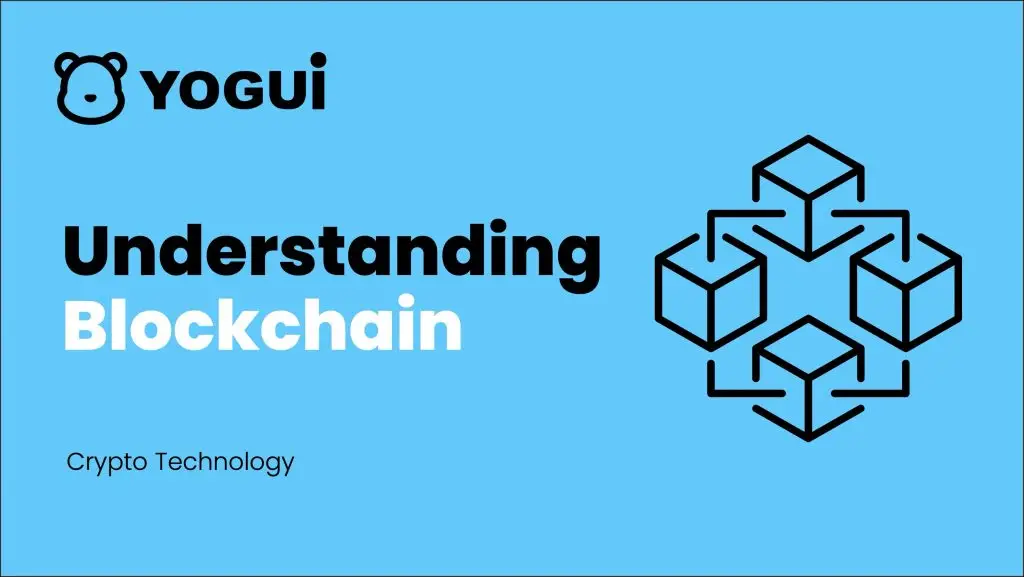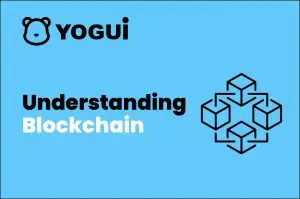
Understanding Blockchain
In the last decade, “blockchain” has become a buzzword in technology and finance, promising to revolutionize industries from banking to supply chains. But what is blockchain, and why is it so significant? In this article, we’ll break down the fundamentals of blockchain, explore its key features, and explain its growing impact on the modern world.
What is Blockchain?
At its core, a blockchain is a type of distributed digital ledger. Instead of being controlled by a single entity (like a bank), it’s decentralized across a network of computers, often referred to as nodes. Every time a transaction occurs, the details are stored in a “block.” Once a block reaches its storage capacity, it’s “chained” to the previous block, forming an unchangeable chain of records or a blockchain.
To illustrate, imagine a traditional ledger, but instead of being recorded in one place, copies of that ledger are maintained by numerous participants in a network. Each participant has access to the entire ledger, and any new entry must be validated by the network before it’s added. This validation process ensures the ledger is accurate and trustworthy, without the need for a central authority.
How Does It Work?
Someone initiates a transaction, such as transferring cryptocurrency or recording data. The network of nodes verifies the legitimacy of the transaction through a consensus process (often proof-of-work or proof-of-stake). Once verified, the transaction is recorded in a new block along with other transactions. This new block is added to the blockchain in a sequential, immutable fashion, making it part of the permanent record. This decentralized, transparent, and secure structure is what sets blockchain apart from traditional databases and ledgers.
You Know How it Works, Now Let’s Discuss Why It Matters
Decentralization
Traditional databases are usually controlled by a single authority (like a bank or a government). Blockchain, however, operates across a distributed network of computers, allowing everyone in the network to access the full ledger. This decentralization reduces the risk of fraud and tampering.
Traditional systems often rely on central authorities like banks, governments, or corporations to establish trust. Blockchain, on the other hand, uses a distributed network where all participants have visibility into the ledger, which is validated by the network itself. This trust without centralized control can disrupt industries where intermediaries are typically essential.
Transparency
Blockchain allows every participant in the network to view transactions. Each block in the chain contains a time-stamped record of all transactions, creating a high level of transparency. While transaction data is visible, personal information remains protected through encryption.
The public and immutable nature of blockchain makes it ideal for industries requiring transparency and accountability. For example, supply chains can leverage blockchain to track the journey of products from origin to destination, helping consumers verify authenticity and quality. In elections, blockchain could help establish voter trust by recording votes in a transparent, secure ledger.
Security and Immutability
Transactions on a blockchain are encrypted and validated by the network. Once a block is added to the blockchain, it cannot be altered, making it incredibly secure. This immutability prevents malicious actors from changing records after they’re added.
The cryptographic techniques used in blockchain make it highly secure against tampering and fraud. Cybersecurity threats like data breaches are less likely because every transaction is encrypted and verified by the network. This security feature has made blockchain appealing for financial transactions and data-sensitive industries like healthcare, where patient records need to be protected.
Discover the Power of Blockchain with Yogui Tokens!
Automation through Smart Contracts
Many blockchains, particularly Ethereum, enable “smart contracts”—self-executing contracts with terms directly written into code. This allows for automated, trustworthy agreements between parties, streamlining processes and removing the need for intermediaries.
Streamlining and Reducing Costs
With blockchain, there’s less need for intermediaries, which can make processes faster and cheaper. In finance, for example, blockchain enables peer-to-peer transactions that bypass traditional banks, reducing transaction fees. In industries like real estate, smart contracts can automate legal agreements, speeding up transactions and cutting costs.
Empowering the Digital Economy
Blockchain plays a central role in the emerging digital economy, especially with the advent of cryptocurrency and decentralized finance (DeFi). It enables the transfer and storage of digital assets, paving the way for new financial models that don’t rely on traditional banking infrastructure. Blockchain also facilitates tokenization, allowing physical assets like real estate or artworks to be digitally represented and traded.
What Are Some Examples of Industries Where Blockchain Is Being Implemented?
Blockchain technology is already being used across several different industries. From healthcare, to supply chain, logistics, and real estate, many companies are taking advantage of the benefits blockchain has to offer.
But where blockchain is having the most impact is in the financial sector. Blockchain is reshaping finance by introducing a decentralized, secure, and transparent way of conducting transactions and managing assets. Its impact can be seen across several areas in finance, from payments and investments to new financial models.
Decentralized Finance, or DeFi, is one of the most transformative effects of blockchain in finance. DeFi eliminates traditional intermediaries like banks and brokerages by enabling peer-to-peer financial services on a blockchain. Through smart contracts (self-executing contracts coded on a blockchain), users can lend, borrow, trade, and earn interest on assets without a central authority. And because DeFi applications are typically non-custodial, users maintain control over their assets, and fees are often lower than in traditional finance.
Blockchain also enables the tokenization of traditional assets, such as stocks, real estate, and commodities, creating digital representations of physical assets. Tokenization allows these assets to be divided into smaller, more affordable shares that are easier to trade.
Yogui leverages blockchain technology to provide an ecosystem that is accessible to everyone around the world. Dedicated to democratizing financial opportunity, Yogui’s products reflect this commitment. Discover more about what Yogui offers and how it can help shape your financial future. Create a free account today and seize the opportunity to take control of your finances.
Subscribe toYogui Newsletter
By clicking send you’ll receive news, articles, and resources weekly.



